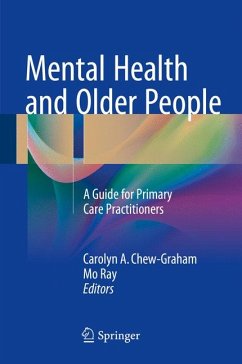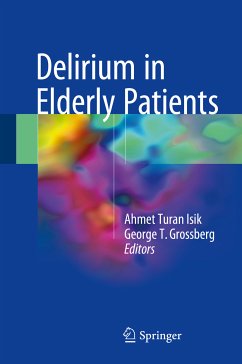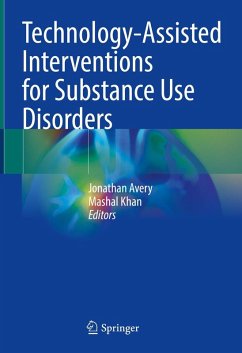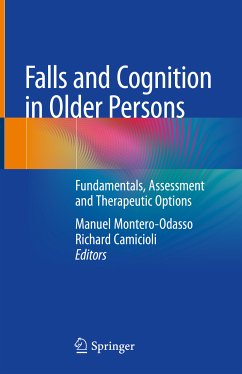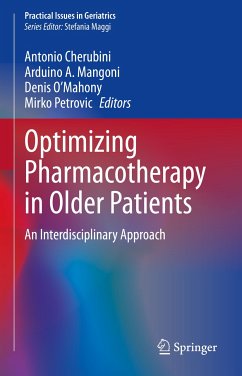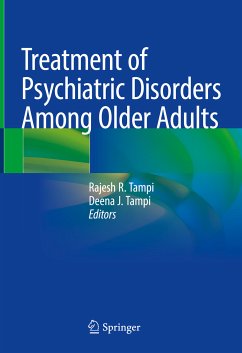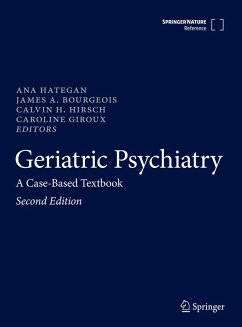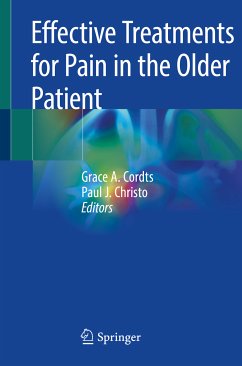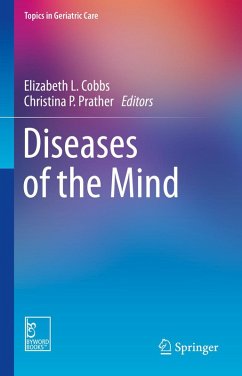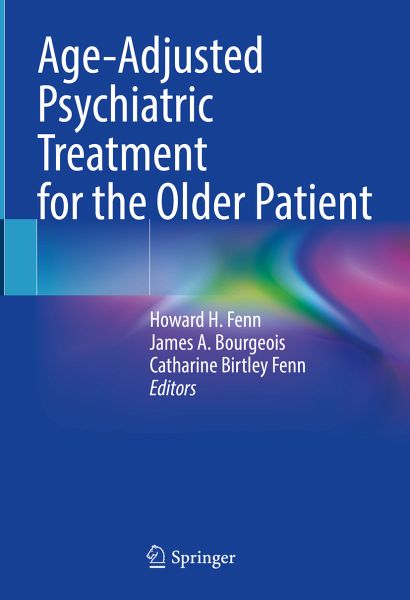
Age-Adjusted Psychiatric Treatment for the Older Patient (eBook, PDF)
Versandkostenfrei!
Sofort per Download lieferbar
128,95 €
inkl. MwSt.
Weitere Ausgaben:

PAYBACK Punkte
64 °P sammeln!
This book offers practical age-adjusted recommendations to treat the most common psychiatric symptoms and syndromes in the geriatric patient. The principles described here are not new; advice for prescribing to the aging patient has always been to "start low, go slow." This book fleshes out that dictum based on research evidence, clinical experience, and trends in the literature. An age-adjusted approach endorses medication interventions when needed as part of a comprehensive treatment plan. A combination of psychotherapeutic interventions, non-pharmacological modalities, and judiciously manag...
This book offers practical age-adjusted recommendations to treat the most common psychiatric symptoms and syndromes in the geriatric patient. The principles described here are not new; advice for prescribing to the aging patient has always been to "start low, go slow." This book fleshes out that dictum based on research evidence, clinical experience, and trends in the literature. An age-adjusted approach endorses medication interventions when needed as part of a comprehensive treatment plan. A combination of psychotherapeutic interventions, non-pharmacological modalities, and judiciously managed medications can improve quality of life and minimize risks inherent in pharmacotherapy applied to aging physiology.
Age-Adjusted Psychiatric Treatment for the Older Patient is divided into five sections, covering the foundations of evaluation and treatment, neurocognitive disorders, psychiatric syndromes, therapeutics and interventions, and special topics. Each chapter begins with a complex case example that illustrates the topic. It then reviews current evidence-based evaluation and treatments. Age-adjusted recommendations, distilled from the literature, are offered at the end of each chapter. The intent is to provide actionable advice to supplement, but not supplant, good clinical judgement, which can improve quality of life by managing psychiatric symptomatology while averting untoward results.
This volume is an essential guide for experienced clinicians as well as trainees across many health care disciplines, both generalists and geriatric specialists, who all see increasing numbers of aged patients with psychiatric symptomatology.
Age-Adjusted Psychiatric Treatment for the Older Patient is divided into five sections, covering the foundations of evaluation and treatment, neurocognitive disorders, psychiatric syndromes, therapeutics and interventions, and special topics. Each chapter begins with a complex case example that illustrates the topic. It then reviews current evidence-based evaluation and treatments. Age-adjusted recommendations, distilled from the literature, are offered at the end of each chapter. The intent is to provide actionable advice to supplement, but not supplant, good clinical judgement, which can improve quality of life by managing psychiatric symptomatology while averting untoward results.
This volume is an essential guide for experienced clinicians as well as trainees across many health care disciplines, both generalists and geriatric specialists, who all see increasing numbers of aged patients with psychiatric symptomatology.
Dieser Download kann aus rechtlichen Gründen nur mit Rechnungsadresse in A, B, BG, CY, CZ, D, DK, EW, E, FIN, F, GR, HR, H, IRL, I, LT, L, LR, M, NL, PL, P, R, S, SLO, SK ausgeliefert werden.



